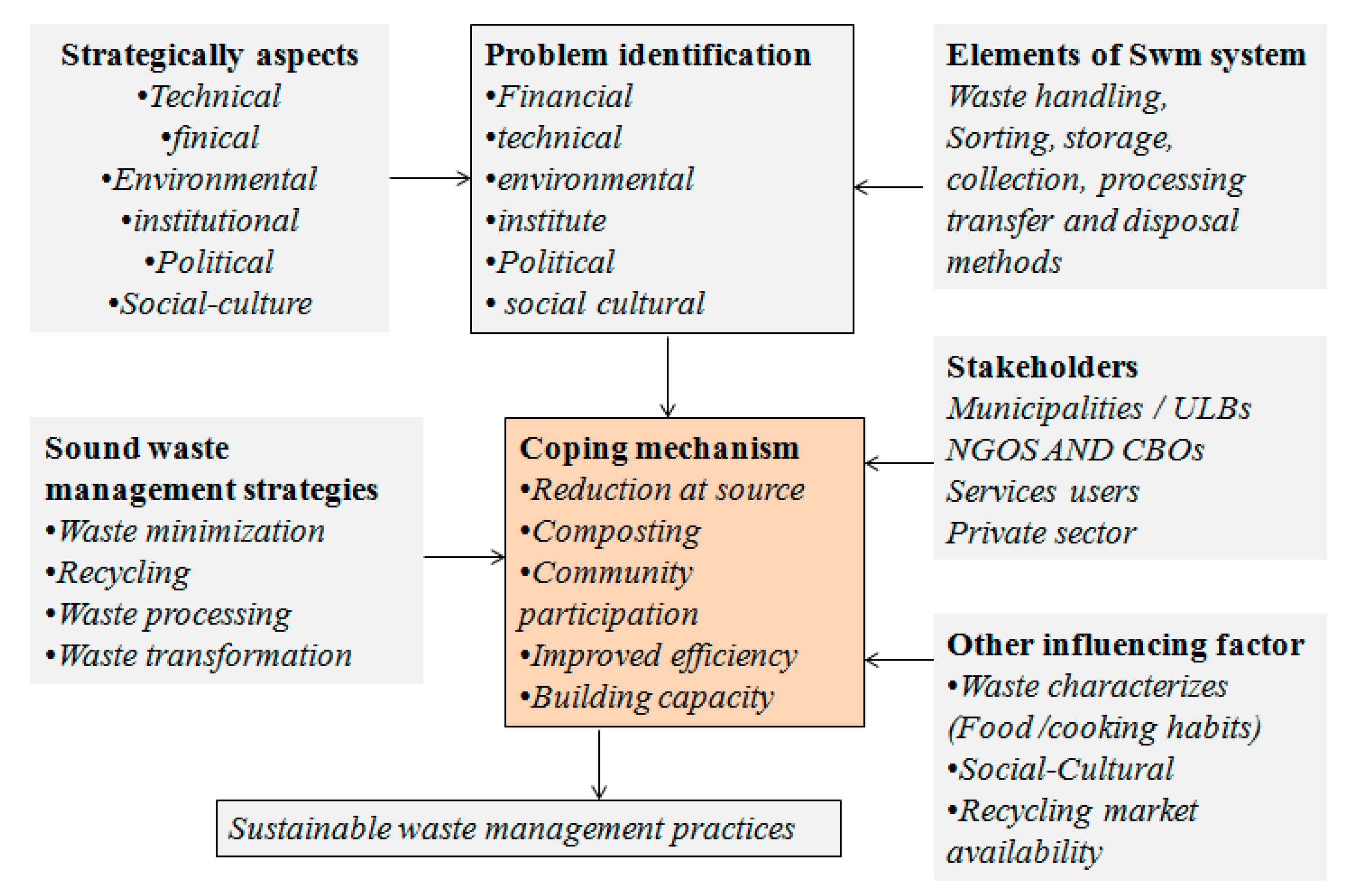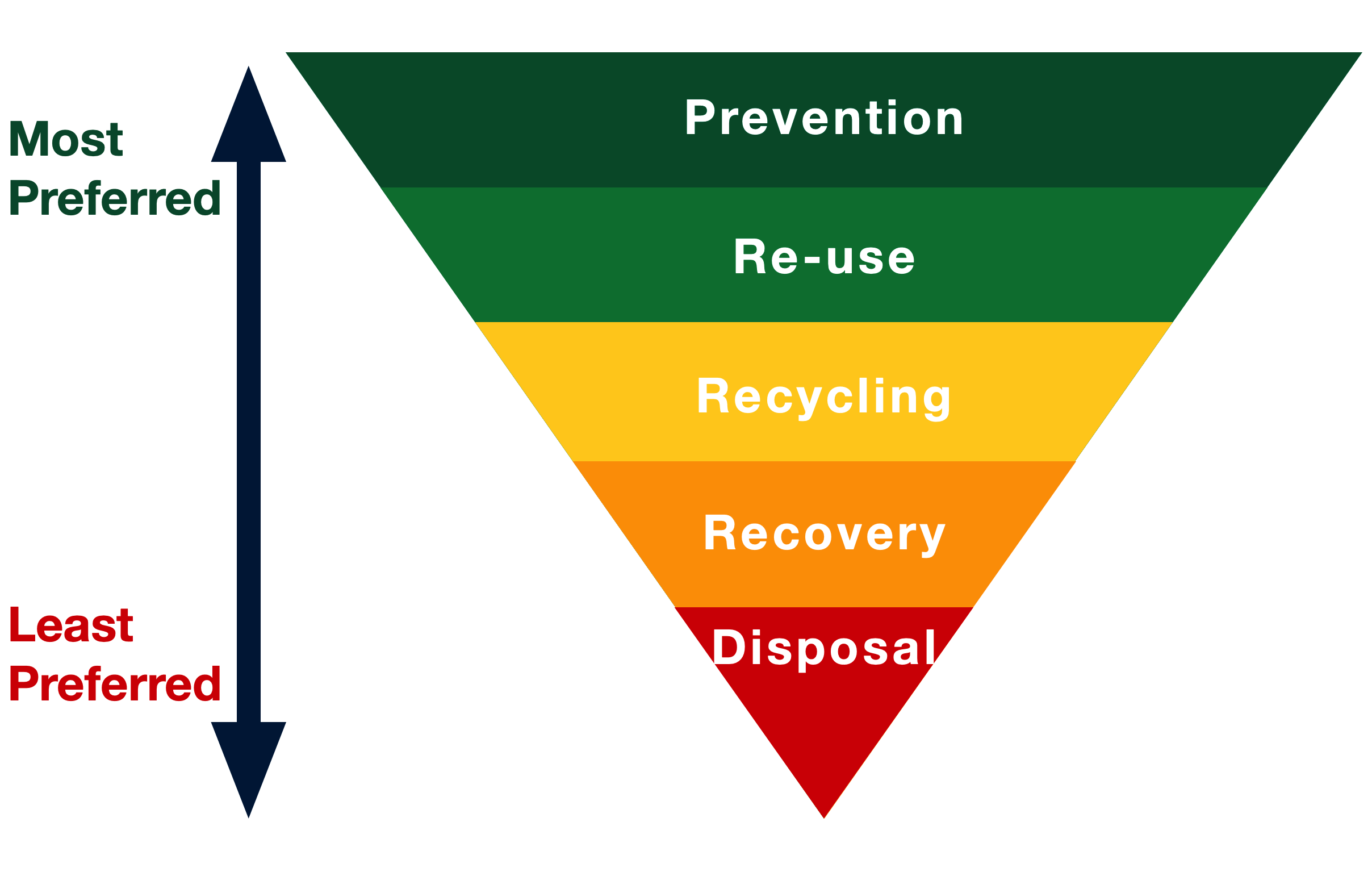Recycling in Terms of Solid Waste Management Means
Waste management is the term used to describe the processes applied to deal with waste from its production until its final disposal. This rate remains below the targeted 50 recycling rate for municipal solid waste.

Recycling Free Full Text Solid Waste Management On A Campus In A Developing Country A Study Of The Indian Institute Of Technology Roorkee Html
A material is abandoned if it is disposed of burned incinerated or sham recycled.

. Recycling composting and reprocessing of waste materials. However in order a waste management system to be successful it. Recycling Reusing and Reclaiming Hazardous Waste.
Composting can also be considered a recycling process since it reclaims the organic parts of solid waste for reuse as mulch or soil conditioner. The 2019-2028 plan includes information about the waste disposal and recyclables contracts that were executed between the City and regional waste and recyclables processors in July 2019. Does not include material that is.
1 quart of oil can pollute 1 million quarts. Separating recovering and reusing components of solid waste that may still have economic value is called recycling. Granted a variance under 26030 and 26031.
All means of reducing the amount of waste that is produced initially and that must be collected by solid waste authorities. One type of recycling is the recovery and reuse of heat energy a practice discussed separately in incineration. Prevention reducing the percentage of waste that is produced in the first place.
Solid Waste Management 2. The term abandoned means thrown away. Landfilled waste is compacted and covered.
The term solid waste refers to all discarded and thrown away solid and semi-solid wastes arising from human and animal activities. It is important to note that the definition of solid waste is not limited to wastes that are physically solid. Disposal incinerating waste without energy recovery andor diverting waste materials to landfills.
Solid Waste Management. This ranges from legislation and product design to local programs designed to keep recyclables and compostables out of the final waste stream. Regulatory Definition of Solid Waste 40 CFR 2612 Any discarded material that is.
Recycling of municipal solid waste has averaged 42 over the last five years. The sources of solid waste include residential commercial institutional and industrial activities. There are various types of waste management few of them are listed below.
Landfills differ from open dumps in that. Unfortunately even in our days many people believe that waste management has to do only with technologies and plants. Environmentally and economically sound systematic approach to solid waste handling that combines source reduction reuse recycling composting energy recovery collection transfer transport and disposal in sanitary landfills solid waste combustors or other solid waste disposal and processing facilities in order to conserve and recover resources and dispose of solid.
Understanding the requirements for recycling reusing and reclaiming your sites hazardous. Functional Elements of Solid Waste Management. Modern solid-waste management plants in most developed countries now emphasize the practice of recycling and waste reduction at the source rather than incineration and land disposal.
1 Abandoned 2 Inherently-waste-like 3 Military munitions or 4 Recycled. Many solid wastes are liquid semi-solid or contained gaseous material. Recyclable materials means materials that are separated from mixed municipal solid waste for the purpose of recycling or composting including paper glass plastics metals automobile oil batteries source-separated compostable materials and sole source food waste streams that are managed through biodegradative processes.
Rate of recycling since 1994. Liquid Waste Management 3. A solid waste is any discarded material that is abandoned is recycled is inherently waste-like or is a military munition as defined in 40 CFR Section 2612.
Municipal solid waste generated totaled 96 million tons of which 40 million tons or 41 were recycled in 2014 Figure 2. Motor oil can be toxic at concentrations of only 1 part per million which means that _____ of fresh water. Solid-waste characteristics Composition and properties.
An unused commercial chemical product CCP meets the definition of a solid waste when the generator makes the decision to discard it. Humans produce wastes that continually result in environmental degradation. It is generated mainly by households street sweeping commercial activities and the construction or demolition debris.
Waste management can be defined as all the activities that are required to manage waste from the point of collecting the waste to recycling and monitoring. To determine if a material is a solid waste when recycled you. EPAs new Definition of Solid Waste Final Rule makes major changes to the recycling provisions of the Resource Conservation and Recovery Act RCRA.
Define Comprehensive Solid Waste Management Plan. The Solid Waste and Recycling Advisory Committee SWRAC helped create this plan and meets on an ongoing basis to check the progress of its implementation. Posted on February 24 2015 by Roseanne Bottone.
A common type of garbage is the municipal solid waste which is a general waste collected by the municipalities. Solid waste recycling refers to the reuse of manufactured goods from which resources such as steel copper or plastics can be recovered and reused. Recycling and recovery is only one phase of an integrated approach to solid waste management that also includes reducing the amount of waste produced composting incinerating and landfilling.
Means the King County plan prepared in accordance with chapter 7095 RCW as enacted or hereafter amended. Waste generation-The materials that are identified and collected which are thrown away or gathered for disposalOn-site handling storage and processing-The activities associated with the handling storage and processing of solid wastes at or near the point of generationCollection- The collection and disposal of solid waste. One of the most important processes that use to eliminate waste cost and energy required for recycling non-ferrous metal waste is solid-state metal conversion process that belongs to sustainable manufacturing process.
Recovery recovering energy through incineration of waste. A solid waste is any material that is discarded by being. Solid Waste Management System That portion of the overall state solid waste management plan specifically designed to deal with the provision of waste management services and to effect resources recovery and recycling by means of a network of waste management projects and resources recovery facilities developed established and operated by the authority.
Waste in waste management refers to unwanted or unusable material that is produced through the activity of humans and can have different forms.


Comments
Post a Comment